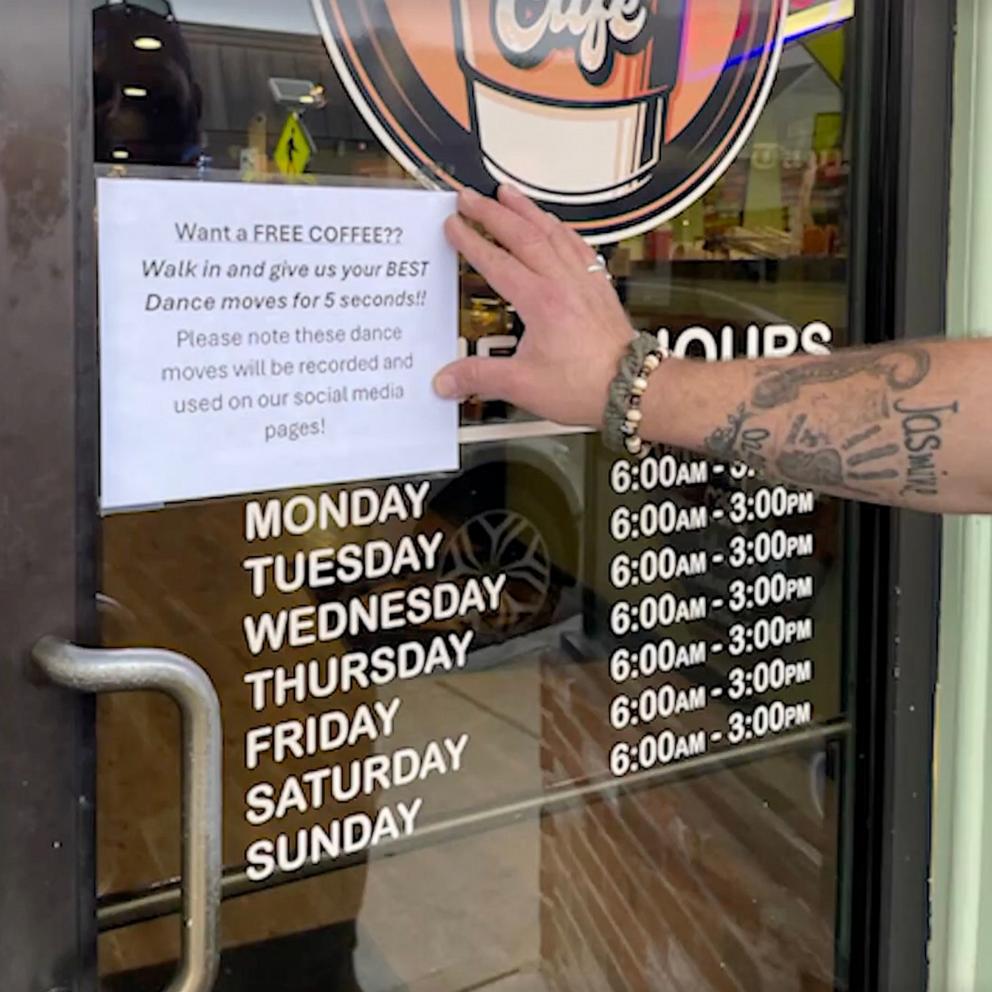In a world of misinformation, uncertainty, 'authentic' earns 2023 word of the year by Merriam-Webster

In a world with more access than ever to artificial intelligence delving out information, deepfakes causing uncertainty, and influencers touting their online personalities to appear like an everyman, it comes as almost no surprise that the 2023 word of the year is "authentic."
Merriam-Webster announced Monday that "authentic" was a top term of the year that people have been "thinking about, writing about, aspiring to, and judging more than ever."
"The rise of AI helped drive interest in the word," Peter Sokolowski, Merriam-Webster's editor at large said in a statement. "The line between 'real' and 'fake' has become increasingly blurred. As a result, in social media and marketing, authentic has become the gold standard for building trust -- and authenticity, ironically, has become a performance."
While "authentic" is already considered a high-volume lookup most years by the leading provider of language information, the team at Merriam-Webster said in a press release that the word "saw a substantial increase in 2023, driven by stories and conversations about AI, celebrity culture, identity, and social media."
Authentic has many meanings, including "not false or imitation," and "true to one's own personality, spirit, or character." It serves as a synonym for real and actual.
A few other words also stood out in the dictionary's 2023 data, according to Merriam-Webster's editors.
"Deepfake saw a spike in April, when Tesla lawyers claimed Elon Musk's past statements on self-driving safety could have been faked, and again in May and June with fake ads depicting celebrities like Ryan Reynolds and Donald Trump," the editors said.
"Dystopian, first on Earth Day amidst record-high temperatures, and later in the year surrounding AI regulation."
In May, when when King Charles III was crowned, the term "coronation" saw a jump in interest.
From internet-driven slang to the top of lookups, "rizz" saw a boost when it was added to the dictionary in September.
After Musk rebranded Twitter to "X" in July, people turned to the dictionary to try to understand the new name.
"As always, our top lookups offer a window into the world, revealing experiences and ideas that shaped the year," Sokolowski added.




